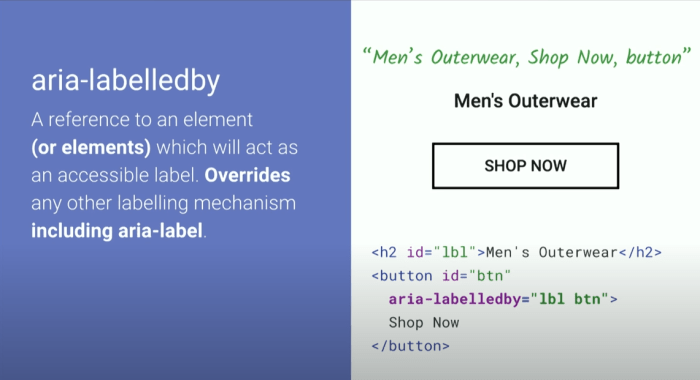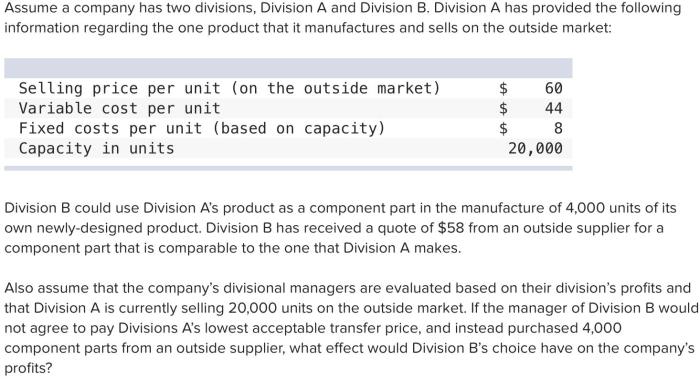Three things piggy says in chapter 11 – Delving into the enigmatic character of Piggy in chapter 11, this analysis unravels three pivotal utterances that illuminate his significance within William Golding’s Lord of the Flies. Through a comprehensive examination of his language, interactions, and symbolic representation, we uncover the profound impact Piggy’s words and actions have on the novel’s central themes and conflicts.
Piggy’s Role in Chapter 11 of “Lord of the Flies”: Three Things Piggy Says In Chapter 11

Piggy, the intellectual and rational character in William Golding’s “Lord of the Flies,” plays a pivotal role in chapter 11. His utterances, interactions, and symbolism contribute significantly to the chapter’s themes and events.
Identify Piggy’s Utterances
Piggy utters three significant statements in chapter 11:
- “You’re acting like a crowd of kids!” (uttered in response to the boys’ chaotic behavior)
- “We need an assembly. We need to talk about this” (proposed after the theft of the conch)
- “Ralph! Ralph!” (repeatedly called out as he tries to alert Ralph to the danger)
These utterances reflect Piggy’s concerns about order, reason, and the importance of cooperation.
Piggy’s Language and Communication Style
Piggy’s language is characterized by its formality, logic, and adherence to rules. He uses complex sentences, precise vocabulary, and grammatically correct speech. This contrasts with the colloquial and often incoherent language of the other boys. Piggy’s language style reflects his intellectualism and his belief in the power of reason and discourse.
Piggy’s Interactions with Others
Piggy’s interactions with Ralph, Jack, and the other boys are often marked by conflict and frustration. He tries to reason with them but is often met with hostility or indifference. His interactions highlight the difficulty of maintaining order and reason in a chaotic and primitive environment.
Piggy’s Role in the Conflict
Piggy’s utterances and actions contribute to the escalating conflict between Ralph and Jack. He aligns himself with Ralph, representing civilization and reason, and opposes Jack’s increasingly savage and authoritarian leadership. Piggy’s role in the conflict is ultimately tragic, as he is unable to bridge the gap between the two factions.
Piggy’s Symbolism and Representation, Three things piggy says in chapter 11
Piggy’s character symbolizes rationality, civilization, and the fragility of order. His eyeglasses, which are repeatedly broken and lost, represent the fragility of civilization and the difficulty of maintaining it in a hostile environment. Piggy’s ultimate demise at the hands of the savages highlights the triumph of savagery over reason and the loss of innocence in the face of adversity.
FAQ Explained
What is the significance of Piggy’s first utterance in chapter 11?
Piggy’s initial utterance, “I don’t believe this,” reflects his disbelief and frustration at the escalating violence and chaos on the island.
How does Piggy’s language style contribute to his characterization?
Piggy’s formal and articulate language, often employing complex vocabulary and grammatical structures, highlights his intelligence and adherence to societal norms.
What is the symbolic meaning of Piggy’s spectacles?
Piggy’s spectacles represent both his intellectual capacity and his vulnerability, as they are repeatedly broken and become a target for the other boys.

